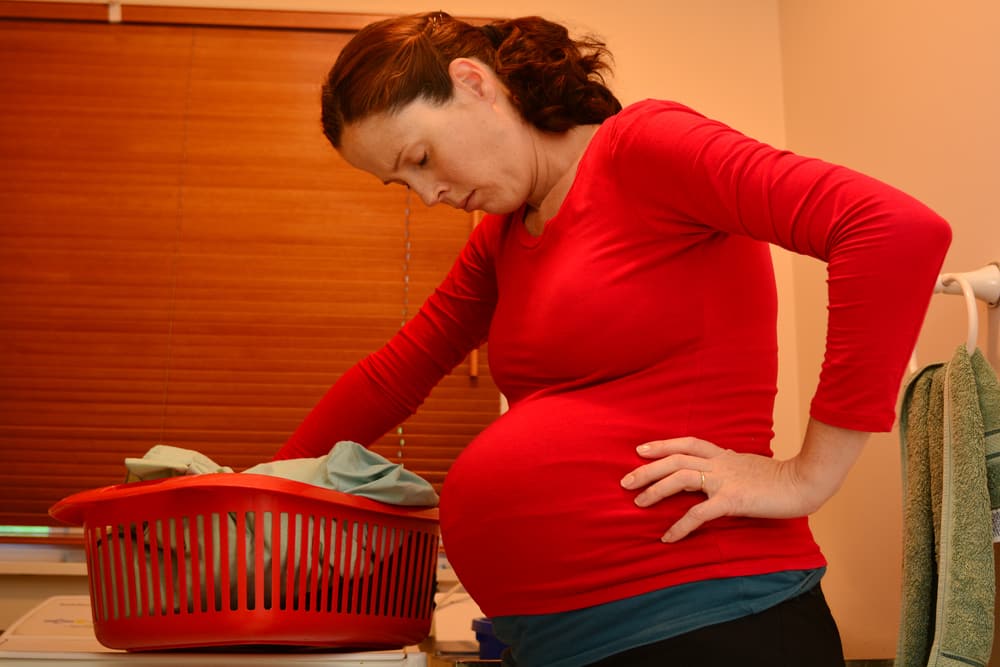I attended the funeral recently of a friend who had been diagnosed with cancer just over a year ago. Her husband thanked the mourners for all the support he and his family had received over the time his wife had been sick.
As soon as she was diagnosed, he said, there came a tidal wave of moral support and practical help from people wanting to make things easier for the family in its everyday life.
I’m glad that they had all the help they needed when they were in crisis. But I also think that many families struggle along unnecessarily without the help they need, because there’s no major crisis evident from the outside.

In our family I think we’ve experienced both sides.
We’ve hobbled along stubbornly in difficult times when we probably should really have called for help, and we’ve not offered help to others with very full family lives who we assumed were doing ok – and later discovered they were not.
I think a lot of us are like this, and unfortunately many marriages are put under unnecessary stress as a result.
In our culture we tend not to live in the kind of families or communities where there are lots of relatives or friends living in the same house or within easy walking distance.
There’s an expectation that we can manage things by ourselves in our small nuclear families, unless a crisis arises and then we receive lots of help, or we step in and help others who are flailing.
And it’s wonderful to see when that happens.
But I can’t help but think our families would be healthier overall if we were all a little more interdependent in our daily lives.
Some of my best memories of being at home full-time with small children were when a friend would drop by on the spur of the moment to pick up one of my sons for a play with her son on a slow afternoon, or when our children would visit our elderly neighbour’s dog under the pretext of delivering our neighbour some freshly-baked biscuits.
In little ways we were keeping an eye on each other, which made us more sensitive to each other’s needs as they arose.
We’ve been blessed to be surrounded by good people wherever we’ve lived.
I locked myself out of the house the other day, and couldn’t pick up the children from school. A friend came to rescue – driving to pick up all the children and then entertaining us at her place until my husband arrived with keys. That was a seemingly small thing, but the effect of a kindness like that is enormous.
For one thing it lets us know that we are not alone, that someone will always have our back. God created us for community, to need one another and be needed by others, not to be isolated in our homes and our busy lives from each other.
Marriages and families are the basis for society, but they don’t stand apart from societies, they need lots of help.
We can try to be more giving of help and more willing to ask for it, or at least accept it, when we are struggling not only in big, life-threatening ways, but in smaller ways as well.
Small acts of kindness are a buffer from the squalls and sudden downpours of life, and they can prevent or alleviate the larger storms.
It’s popular to speak of random acts of kindness, but surely we’d all get more value if frequent and ongoing acts of kindness were the norm in our families and communities.
